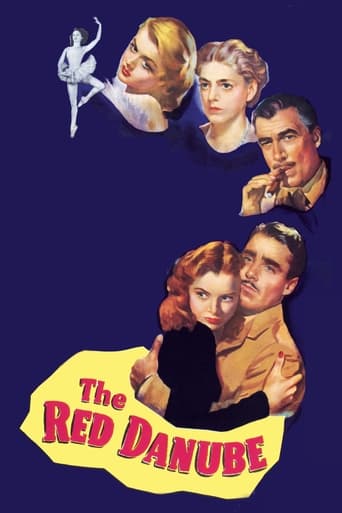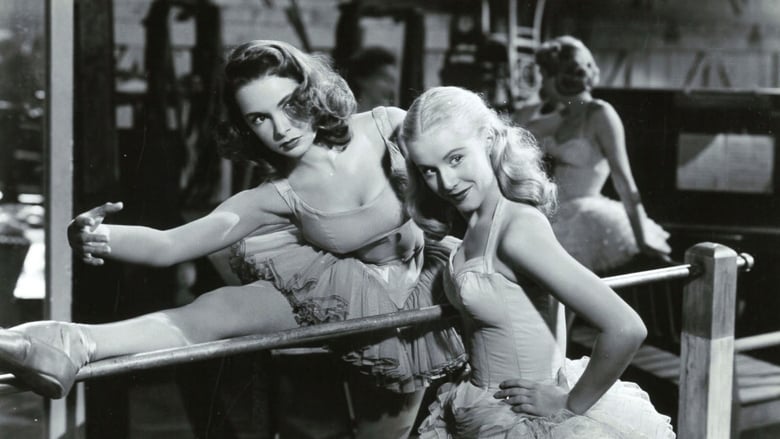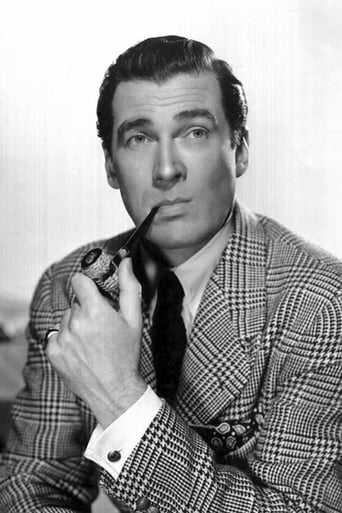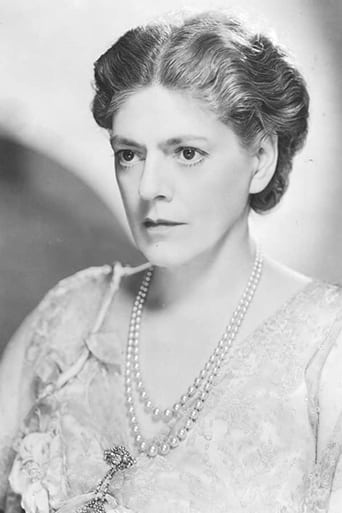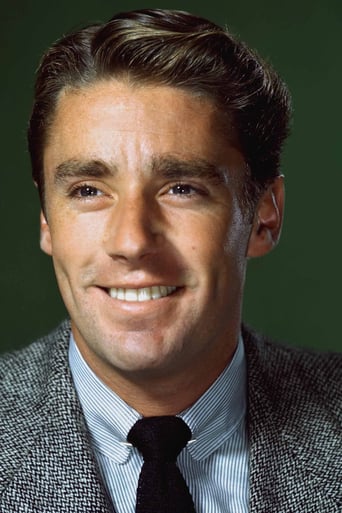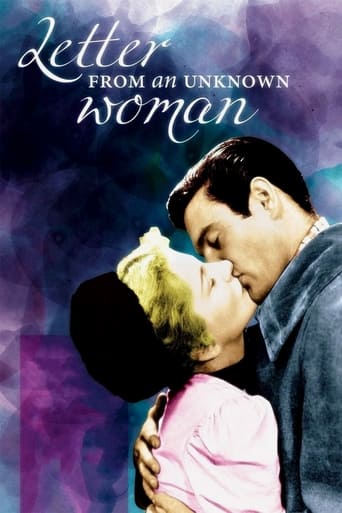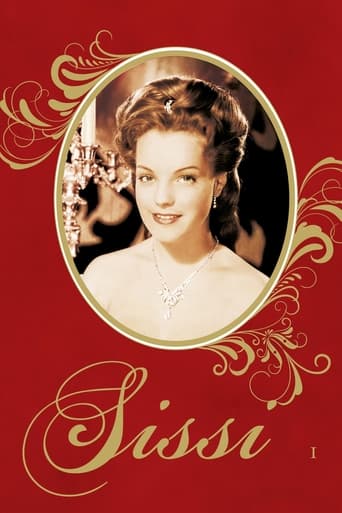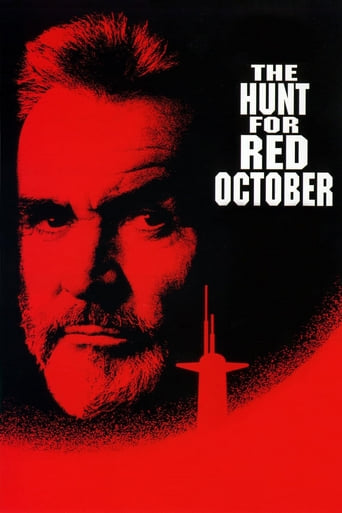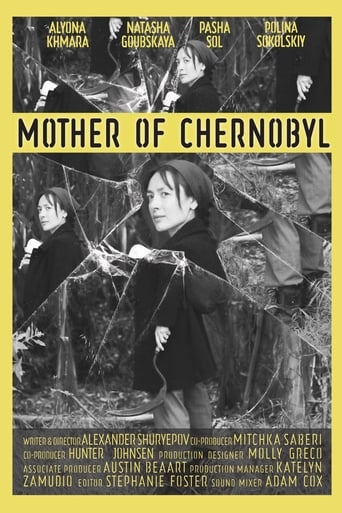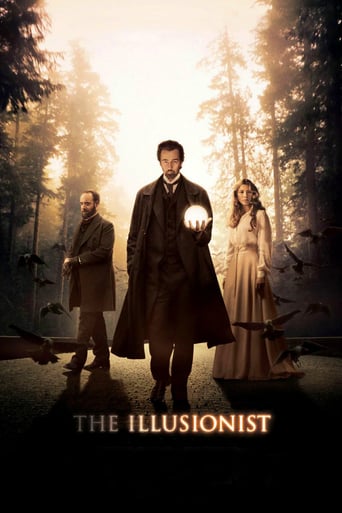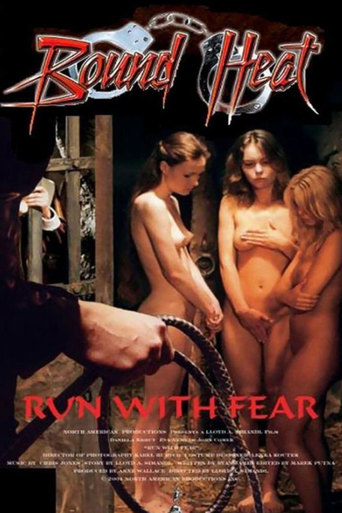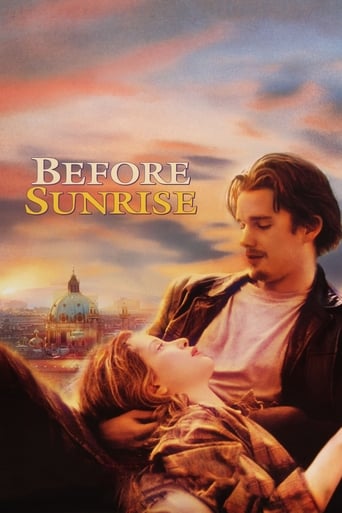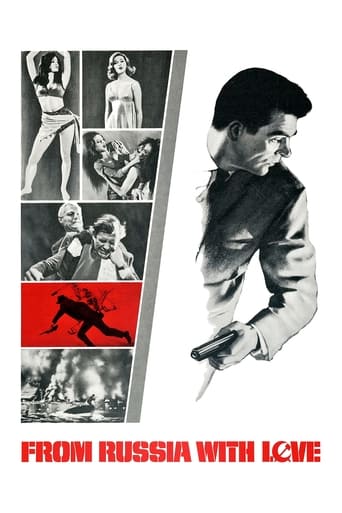The Red Danube (1949)
A Russian ballerina in Vienna tries to flee KGB agents and defect.
Watch Trailer
Cast


Similar titles

Reviews
This movie is the proof that the world is becoming a sick and dumb place
Great movie. Not sure what people expected but I found it highly entertaining.
The story, direction, characters, and writing/dialogue is akin to taking a tranquilizer shot to the neck, but everything else was so well done.
One of the film's great tricks is that, for a time, you think it will go down a rabbit hole of unrealistic glorification.
During WWII, the Hollywood propaganda machine went into full gear making tons of war films intended to drum up support for the fight against the Axis. Part of this included some extremely pro-Soviet films. After all, they'd been America's enemies for decades and now they were in an alliance to beat the new enemy. Nearly all of these films (such as "The North Star") are pretty terrible--idealizing the Russian people ridiculously. They all were happy, dedicated and, inexplicably, seemingly free.By the time "The Red Danube" came out, however, the war had ended and relations with the Soviets had soured...badly. Now the Soviets had revealed their plan for 'a new world order'...and it included setting up puppet states all over Eastern Europe. And, the Russian people went from sweet and happy to ruthless and conniving!!This film shows the transition. When the story begins, the Soviets are still allies...overseeing the administration of a portion of the conquered city of Vienna (much like with Berlin). Colonel Nicobar (Walter Pidgeon) is a Canadian officer in the British Army and he's just been transferred to Vienna with his staff. He is to cooperate with the Soviets with repatriating civilians. In other words, a lot of folks were displaced by the war and now they were being forced to go back to their original homeland. The Russians really want their citizens returned to them and at first Nicobar has no problem doing this, as it's part of his official duties. Over time, however, he has a crisis of conscience and realizes these displace people are likely being sent to gulags or death!In some ways, I liked the cast and in others it was terrible...just terrible. Walter Pidgeon really was a Canadian and his staff (Peter Lawford and Angela Lansbury) were real Brits. BUT, as for the rest...well, it was just sad. Ethel Barrymore is cast as the Reverend Mother and seems about as Austrian as Betty Boop. But even worse is Janet Leigh, who sounds about as Russian as Mantan Moreland!! Inexplicably, she played a Soviet officer several years later in the god-awful "Jet Pilot"...with zero trace of an accent and all the acting skills of a mannequin! As for the story, it was enjoyable and worth your time. Overall, the film is a very interesting curio that COULD have been a great one had the casting been better.
The production values and care of an MGM factory style motion picture is evident in the "big picture" called "The Red Danube". It was a failure back in 1949, and when I finally caught it at a Mid-Manhattan Library screening the pre-show poll of the audience of 80-plus revealed not a single fan had ever seen it before.It had no significant afterlife, though Ted Turner's buying MGM meant some TV exposure plus a 2012 WB archive DVD issuance, but surprisingly the movie's themes and contents are still highly relevant nearly 70 years later.Set in 1946 in Rome and Vienna, it concerns the displaced persons issue that was so significant after WW II, and treated in several classic films, notably Geza Von Radvanyi's neo-realist "Women Without Names" made a year after this movie and released in America on the art-house circuit by trailblazer Ilya Lopert. A terrific cast is headed by legends Walter Pidgeon, as a cynical British colonel stuck with the unsavory assignment of turning over "subsersives" to the Russians for shipping off to Siberia, and Ethel Barrymore as a mother superior at the convent where Pidgeon & staff are billeted in Vienna. They have an ongoing dialectical battle of words, as her deep Catholic faith is played off of Pidgeon's depressive lack of any moral compass, down in the dumps since the death in the war of his son.Two hour movie is separated into two distinct parts: the first half after some comic relief (Angela Lansbury as Pidgeon's assistant is terrific in adding warmth and Eve Arden style humor to the picture) settles into a glossy love story of officer Peter Lawford, as dashing as they come, falling in love with a beautiful Russian ballerina on the lam but due for deportation, played empathetically by Janet Leigh. Leigh even gets to show impressive dancing skills in a ballet class rehearsal, typical of the MGM class approach to an A picture.Second half broadens the scope of the movie's themes, as Barrymore cleverly manipulates Pidgeon and the dire situation, even to get him to take her against orders on a trip to Rome so she can meet with the pope, all in the cause of saving the hapless refugees caught between lily- livered allies (represented by Pidgeon and his fellow Brits) and the duplicitous and patently evil Soviet regime. The film makes it points vividly against the authoritarianism and sneaky tactics of the Russkies, without lapsing into the blatant propaganda of the usual Hollywood Cold War movie, for example "My Son John", which starred Helen Hayes in a role Barrymore might have played (but it was a Paramount, not MGM, release). George Sidney's direction is impressive, especially when he inserts tight close-ups of romantic Leigh and Lawford at key moments, looking as lustrous as silent era shots and having as much impact. I kept trying to guess how the ending would turn out -would it be the usual and derided "Hollywood Ending" or a more trenchant one given the dead-serious subject matter. The last couple of reels verge on camp, but both scripters and Sidney are to be commended for such clever audience manipulation as to deliver laughs and tears on cue.Biggest surprise, beyond the clear relevance today of the Refugees problem, was an uncanny and comical reference to a specifically 2017 issue. The screenplay has many colloquial expressions as tag lines, notably an American phrase "like nobody's business", as well as the cutesy singing of Row, Row, Row Your Boat in many scenes, that pay off with a most amusing Barrymore/Pidgeon encounter. She compliments him, calling him a tramp, then correcting her English, "you're a Trump!". I wasn't familiar with the British colloquial term, which has other meanings in Blighty referring to farting, but here it occurs right after Pidgeon's character has been revealed to be easily duped by the Russians, led by imperious Louis Calhern as his colonel counterpart for the USSR. The relevance to President Trump's very odd taking everything President Putin says as truth and his incessant cozying up to the Russians is inescapable and amusing - Black humor in our current time of Trumpian woe.
I liked this movie very much; it resonated clearly. I grew up during the 2nd WW, and the aftermath was often a mystery; this relates to that time vis-a-vis Russia and her ex-patriots. This is not a formula movie; we care about the main characters and it really reaches to the heart. The points the script made about our choices in life were well made, and the reference to religion was fair. I'm going to use the metaphoric model of the painter, paint, ladder and ceiling in my own work. The actors were wonderful, and the camera work was exceptional at getting to the feelings that shine through the face. The lighting was part of that effect. I knew something was up when I saw the close-ups with artistic lighting, but I didn't know how strongly they would tie to later scenes and evoke emotions. This added to our caring about the sweet innocent Janet Leigh, and the young, idealistic Peter Lawford. I didn't agree with all the philosophy, but it certainly was mostly a tribute to listening to the conscience.
The underlying theme of the movie -- Uncle Joe Stalin's mania for grabbing displaced people he wanted after WWII -- is unusual, and the cast is an odd lot: Walter Pidgeon as a one-armed British colonel with plenty of war guilt; Janet Leigh's starlet turn as a Russian ballerina; Angela Lansbury as a young and saucy WREN; and, as the strangest casting, Ethel Barrymore as a nun. Plenty of Cold War anti-Red flavoring throughout that looks pretty stilted today, but the acting -- especially from Pidgeon in the lead -- is heartfelt without being maudlin.

